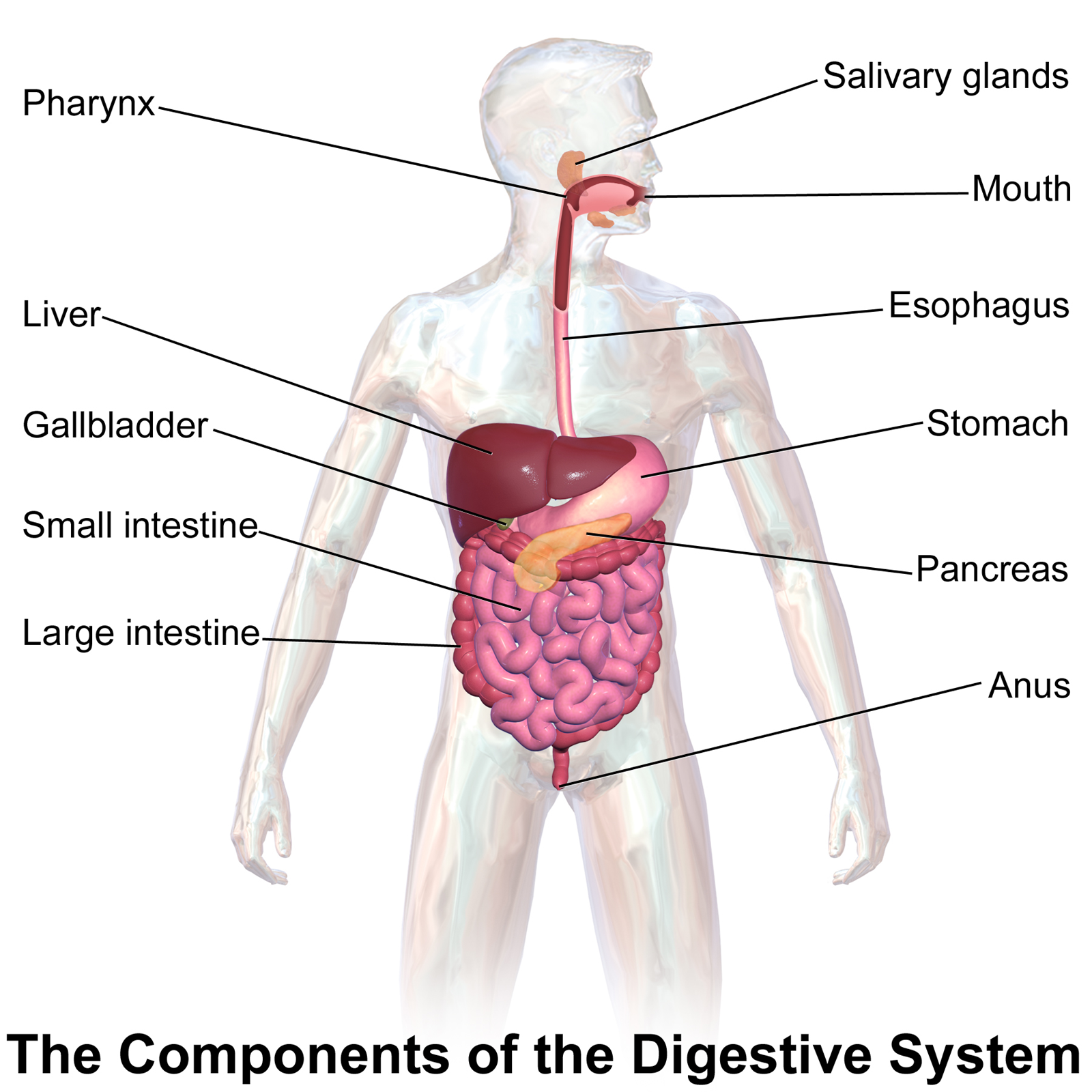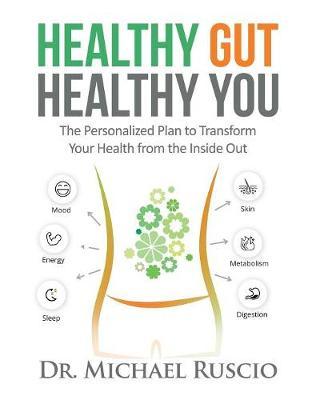Our digestive system is quite complex and involves a number of processes. I think most of us take our digestive system for granted until something goes wrong. Some people have had digestive issues for most of their life or as they get older is now all of a sudden experiencing digestive issues. I personally have been struggling with an irritable bowel for most of my life. I have been using essential oils for that and has had great relief from many of the symptoms. At this point of my life it is time to address the situation and understand what can I do to support my body. Which brings me the point of motility, can essential oils help with motility though?
What is motility?
Gastrointestinal Motility is the movement of food through your intestinal tract. That is right from the moment you put your food into your mouth right down to the other end that it leaves the body.
Motility issues can affect different parts of your digestive tract. Let’s look at some of them .

Esophageal motility
Your esophagus is a narrow tube that runs from your throat to your stomach and the muscles in the esophagus move your food along. Those muscles can become weak or just not working properly and leave you with some motility issues such as difficulty to swallow, heartburn, food or liquid getting stuck in your throat.
Gastric motility
Your stomach is the organ next in the digestive system that is responsible for breaking down your food. If the rate that the stomach empties out its content into the small intestines which is next in line is abnormal it can cause a number of things such as:
- Nausea and vomiting
- Bloating
- Upper abdominal pain
- Feeling full after eating a small amount of food.
Intestinal motility
The intestines have two components – the small and the large intestines.
The small intestines which is the longer part and it is here where the nutrients are absorbed from food .
The large intestines or better known as the colon are absorbing water from undigested food. After that it is moved through to the rectum and leaves the body.
Motility issues in your intestines might show up as :
- Constipation
- Bloating
- Diarrhea – this one is obviously not a slow motility
- Nausea and vomiting
- Weight loss
There are different types of intestinal motility disorders such as :
- Irritable bowel syndrome
- SIBO or small intestinal bacterial overgrowth
- Small intestinal fungal overgrowth
- Lactose intolerance
- Fructose intolerance

I can highly recommend the book Healthy Gut, Healthy you by Dr. Michael Ruscio
12 ways to improve your gut mobility
- 1. Eat smaller meals
This does not mean restricting your calories but make your meals smaller and have 4-6 smaller meals a day.
- 2. Don’t eat between meals
Fasting for about 2 hours between your meals will help your body a great deal.
- 3. Chew your food
Your teeth is the first helpers in the digestive system but too often we inhale our food or not being mindful and chewing properly. The better you chew your food, the easier it is on your stomach.
- 4. Don’t drink and eat
Water can really interfere with your digestion. Now it is really important to drink lots of water but not with a meal. Drinks such as milk is alkaline and can dilute the gastric juices which means your digestive system doesn’t work that well.
- 5. Don’t lay down for 2 hours after a meal
Walking after a meal is really helpful. Sometimes that is not possible though but just sit upright rather than slouching on the couch or laying down straight after a meal.
- 6. Avoid alcohol
Avoiding alcohol is the best but if you do enjoy drinking with your meal or is at a social event then opt for wine that can help with gastric emptying.
- 7. Be careful with fat and meat
Fats and meat can slow down your digestion but they are not bad for you. It is more the food combinations that is the issue. When eating fatty meat have something light or easy to digest with it.
- 8. Be discerning with fiber
There are two types of fiber when it comes to digestion.
Soluble fiber
– feeds gut bacteria
Insoluble fiber – speeds up motility, does not dissolve in water and is not digested.
You can read more about the debate between soluble and insoluble fiber here
- 9. Stimulate your vagus nerve
The Vagus nerve plays a really important role in our digestion. You can read here how to stimulate the Vagus nerve.
- 10. Use a prokinetic
Prokinetics stimulate movement and improve gastrointestinal motility. Prokinetics can lose their effectiveness after about 6 weeks so it is good to change them up a bit. Non- pharmaceutical grade prokinetics available are:
- Ginger
- Magnesium
- Iberogast
- 5HTP
- Dr. J’s Herbal bitters formula
- 11. Herbal teas
Herbal teas and infusions can also help to relieve intestinal spasms.
Chamomile, Fennel and Peppermint tea is great for this use. Other less well known herbal teas that is very helpful are Papaya leaf tea, Passion flower tea and Plantain tea.
I personally like getting my teas from Tealife, which is an Australian company. You can read more and order some teas here.
- 12. Essential oils to improve motility
A number of essential oils have antispasmodic and digestive properties and great to use for relaxing intestinal spasms. Improving muscle tone and being a tonic makes these oils great for relieving digestive issues. That being said, essential oils certainly should not replace having good medical care for digestive issues. Digestive issues needs to be discussed with a medical professional. Essential oils are more of a complementary treatment and maintenance program.
Top 5 essential oils to get things moving
Cardamon – this warming oil is great to combat stagnation in energy especially in the intestines. Stimulating the spleen which is a crucial organ when it comes to digestive process. It is also fantastic to use when we feel mentally sluggish as well. It is a good oil for all the worriers out there, I am in that category. Worry and digestive issues are very much connected.
Marjoram – stimulating and strengthening peristalsis and relieves intestinal spasms.
Fennel – has antispasmodic properties that are effective for both the gastric and intestinal smooth muscles. Therefor a great oil to use to improve motility. I discuss the benefits of Fennel oil further here.
Peppermint – Peppermint would be one of my top picks to have in your essential oil kit, just because it is super useful. It is a stimulant oil and great for stimulating energy in the body and mind. Avoid using Peppermint before bedtime for that reason.
It is also an inflammatory oil that can be helpful for those inflammatory digestive issues. Do take care with Peppermint oil though when you are on prescription medication. You can read more about Peppermint oil’s uses and benefits here.
Ginger oil – This warming oil is definitely on my short list of oils for digestive issues. It stimulates and warms the organs and move energy. If you want to find out more about the uses and benefits of Ginger oil, click here.
How to use essential oils
- 1. Hot compress over the tummy area.
Take a bowl of warm water and add about 4 drops of essential oils to that. Now dip your cloth into the mixture and swish it around before wringing it out. For anti-spasmodic purposes I suggest that you use hot compresses. When it is for something like a migraine or sprain then I would use a cold compress.
- 2. Dilute the oils in a carrier oil and massage the tummy area
Essential oils must always be diluted before you put them on your skin. It has to be mixed with a carrier oil first. You can read further about which carrier oil to use here.
For 30 ml of carrier oil I will not add more than 20 drops of essential oils in total.
Children, pregnant women and older people you have to dilute it way more – 30 ml of carrier oil with no more than 6 drops in total.
You can read more about carrier oils here.
- 3. Body sprays
Essential oils do not mix with water and will form a film on the top. You can mix equal amount of essential oils with a dispersant and then add your water.
If you don’t have a dispersant and just mixed your water and oil then you always have to remember to shake your spray bottle before spritzing.
I would suggest that on 100 ml of water you add no more than 30 drops of oil in total. That would be for a body spritzer.
Spritzers are a great way to apply essential oils topically but not have to deal with the oiliness.
Addressing motility is perhaps the first step in improving your digestive health. Gut health is a very important piece in the health puzzle – both physically and mentally.
Take care of you, so that you can take care of those you love.
Elize
Resources
https://health.ucsd.edu/specialties/gastro/areas-expertise/motility-physiology/pages/default.aspx

